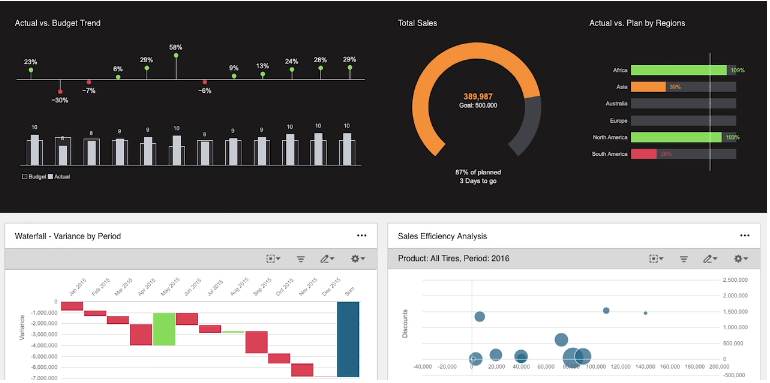When visiting any web site, it may store or retrieve information on your browser, mostly in the form of cookies. This information sets your preferences or your device and is mostly used to make the site work as you expect it. It gives you a more personalized web experience. We respect your right to privacy and you can choose not to allow some types of cookies. Below you can choose and change our default settings. However, blocking some types of cookies may impact your experience of the site.
Excel spreadsheets are often the tool of choice to store, manage, analyze, arrange, and present information for financial planning, data analysis, compliance, and more. However, these spreadsheet-driven processes are not sustainable as organizations expand and grow.
As part of their digital transformation efforts, organizations should capture the value of replacing spreadsheet-driven processes with a modern data and analytics architecture. Adopting modern applications with automation improves access to information in real-time. When applied to financial processes such as accounting, budgeting, and forecasting, organizations can be more confident that information is accurate, up-to-date, and consistent.

Characteristics of a modern data and analytics architecture:
- Easy to use: Modern UI that is easy to learn, navigate and collaborate
- Self-service: Limited IT involvement, designed for the business user
- Flexible and open: Customizable and extensible to match requirements of the business
- Lower costs: Automated data integration processes, saving time and resources
- Less risk: Centralized and trusted data with controls
- Simple to deploy: Single multi-tenant provisioning for all services
Check out this best practice guide of the Five ways modern analytics reduce spreadsheet risk and inefficiency to see why spreadsheets hurt organizations and why enterprise performance management is essential to success in the digital economy.
April 2023


